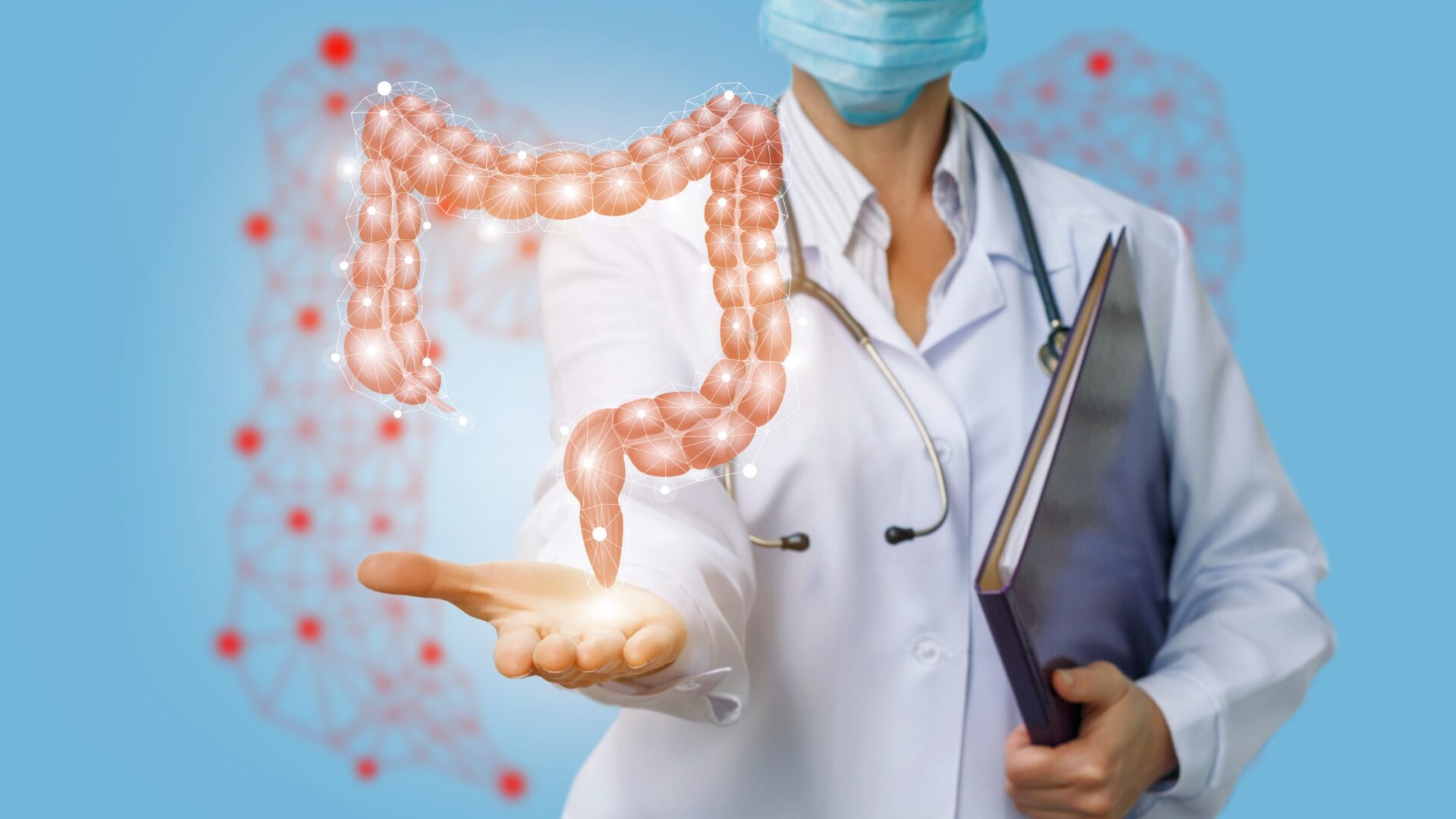Proctology is a subspecialty within general surgery that is focused on diagnosing and treating pathologies related to the anal region in general and the rectum in particular.
In Spain, it is not considered a surgical specialty, but rather a branch of general surgery, so interventions in this field can be performed by a general surgeon who is specialized in the digestive system.
The proctologist is a surgeon specializing in the digestive system who has also specialized in the anal and perianal region. In case you are also specialized in diseases of the colon and rectum, we can speak of a coloproctologist.
Pathologies treated by proctology
Haemorrhoid. It is a hypertrophy of the hemorrhoidal tissue. When the prolapse occurs, the symptoms can be more or less severe and can be accompanied by other problems such as anal fissure, condylomata, or fistulas.
Anal fissure. It is a wound that is located on the anal margin and that can be of different depths, but that is characterized by producing intense pain at the time of defecation, and even hours after it. It can be produced by trauma, but also in cases of the diarrheal syndrome, and even severe constipation.
Constipation. This pathology, which can go from less to more in terms of severity, affects up to 10% of the population. Constipation is considered when the patient has fewer than three bowel movements a week when there is a feeling that the bowel movement has not been completed more than 25% of the time when going to the bathroom, or when more hard stools are passed. 25% of the time.
Fecal incontinence is just the opposite of constipation. Patients cannot control the release of fecal or gas content. It can be caused by injuries that affect the balance between the sphincter muscle ring, rectal sensation, and the nerve roots that supply them. It is one of the rectal problems that most incapacitate people.
What tests does a proctologist perform?
Depending on the problem that the patient suffers, it may be necessary to carry out some tests or others; among the most frequent are:
Colonoscopy involves inserting a flexible tube with a camera (colonoscope) through the anal cavity to travel through the colon and detect possible problems in it.
Retinoscopy. It is similar to the previous one, but in this case, only the rectum is examined, which is the first portion of the interior of the large intestine that is found when entering the anus.
Anorectal manometry. In this test, a flexible plastic tube is inserted through the anus. The tube incorporates a latex balloon that is inserted into the body. It is performed to assess anorectal function, especially in cases of constipation, fecal incontinence, or anal pain of unknown origin.
Defecography. A contrast medium is introduced into the anal cavity and the patient is asked to defecate into a toilet. The contrast allows you to observe the body’s movements and any unusual activity.
Today these tests are painless and are carried out in a period of 15 to 30 minutes. They do not have significant associated complications and the usual thing is that the patient can return to his normal life as soon as he undergoes the diagnostic test.
Treatments in proctology
Often, many of the pathologies related to the rectum and the anal region require surgery for their correction, but this is not always the case. In some cases, other types of treatments may be applied. In any case, it is important to do all the necessary diagnostic tests to learn more about the patient’s problem and to be able to offer the most appropriate treatment.
Among the most common surgical interventions and treatments carried out within proctology are the following:
Hemorrhoidectomy. It consists of the removal of hemorrhoids, generally grade 3 and 4, which are the most serious and the ones that cause the most discomfort, as they do not respond to other types of treatments.
It is a major outpatient surgery, and the normal thing is that the patient can go home a few hours after the intervention, or that he stays to sleep a single night in the hospital. The patient can return to normal life in 2 or 3 days, but full recovery does not occur until about two weeks after the intervention.
Fisurectomy. Many anal fistulas do not improve with other treatments, and given the discomfort they cause, surgical intervention is common. The operation is carried out under local anesthesia and lasts from 15 to 30 minutes. Full recovery occurs in 3 or 4 weeks, but the pain gradually disappears after the intervention.
Fistulectomy. It is an operation designed to solve the problems of fistulas in the anus, which are abscesses that appear in the lubrication glands. It is usually performed under local anesthesia, although in some cases it is necessary to resort to general anesthesia. The intervention tends to last between 30 and 90 minutes. Full recovery occurs within a month.
The importance of going to the proctologist
For many people, ailments and discomfort in the rectal area are still taboo and many times they show embarrassment when consulting with a specialist.
However, catching a problem such as hemorrhoids or fecal incontinence early is always better than intervening when symptoms have worsened.
Most of the pathologies in this area of the body are characterized by being painful and causing multiple discomforts, to the point that the patient cannot carry out his normal life. But treatment is usually fairly straightforward, and recovery occurs very quickly.
Therefore, in case of detecting any type of problem or annoyance in this region, the best thing to do is to consult the specialists as soon as possible to find a solution, surgical or not, to the problem.


GIPHY App Key not set. Please check settings